OUR ETHICAL VALUES
Karen Walker's ethical values of responsibility, uniqueness, quality and connection, are at the heart of what we do.
Responsibility
Responsibility requires engagement with every stage of product creation, examining all our practices with suppliers and manufacturing partners.
Uniqueness
Uniqueness, and the commitment to creative authenticity, has established our distinctive handwriting.
Quality
Quality, not just in the make and creation of our products but across all expressions of the brand from the retail experience through to back of house operations, is an ongoing commitment to our customers.
Connection
We commit to strong, open and honest connections with our community of customers, staff, brand partners, manufacturing partners and the general public. These connections are vital for the long-term relationships of our business, and we are committed to giving back to the communities that we work within.
CODE OF CONDUCT
We have a clear and stringent Manufacturer's Agreement with a Code of Conduct for Social Compliance modelled on international human rights law.
This Code applies to all aspects of Karen Walker Group. Moreover, before any work is undertaken, all business partners, manufacturers and suppliers of finished goods, as well as cloth, and anyone who undertakes work on our behalf must read, agree to and sign the Agreement.
Our business partners, manufacturers and suppliers are required to respect, foster and promote the safety, dignity and freedom of their employees and to ensure their subcontractors, if applicable, do the same. See our detailed and complete Code of Conduct outlining our position on child labour, involuntary labour, disciplinary practices, discrimination, health and safety, environmental protection, workers' rights, compliance auditing and corrective action taken for violations of the Code at the end of this statement.
We strictly do not engage in work or place orders (including fabric) with partners, manufacturers or suppliers until they have signed the Code as this is a non-negotiable prerequisite for any supplier contracts.
OUR PEOPLE AND PARTNERS
Our Team
The Karen Walker Group is based in Auckland, New Zealand. Our head office and design studio, with 18 staff members, is situated in Grey Lynn. We have a further 31 team members in our four boutiques and webstore in New Zealand.
All Karen Walker designs originate from our atelier in Grey Lynn. Every garment has been meticulously developed and crafted by our in-house team of designers, garment technicians, patternmakers and cutters, fabric specialists, print designers and seamstresses.
Once a garment's design and construction is approved, it's then passed along to our production managers who work closely with our in-house atelier seamstresses and ready-to-wear manufacturing partners in New Zealand, India, Cambodia, Portugal and China.
Ready-to-wear Manufacturing Partners
Alongside our in-house atelier we have 14 ready-to-wear (RTW) partners; three are in New Zealand, seven are in China, one is a Certified B Corporation whose workroom is in Cambodia, two are Fair Trade Certified™ facilities in India and one is in Portugal. We continue to have great working relationships with these suppliers, six of which we have worked together for between 10-23 years, due to their quality craftsmanship, transparency and ongoing commitment to our high ethical standards. They're well-suited to deliver our premium product and boutique runs with meticulous attention to detail. They maintain strong labour rights records and an unwavering commitment to fulfilling all requirements outlined in our Code of Conduct for Code of Conduct for Social Compliance.
Further information about our partners:
RTW Partner 1
- Location: Auckland, New Zealand
- Number of years producing for KW: 23 years
- Items produced: Dresses, pants, skirts and jackets
- Number of permanent employees: 1 (1 female owner/operator)
- Size of workspace: Approx. 23 square metres
RTW Partner 2
- Location: Auckland, New Zealand
- Number of years producing for KW: 15 years
- Items produced: Dresses, tops, jackets and coats
- Number of permanent employees: 1 (1 female owner/operator)
- Size of workspace: Approx. 24 square metres
RTW Partner 3
- Location: Auckland, New Zealand
- Number of years producing for KW: 11 years
- Items produced: Dresses, tops, jackets and coats
- Number of permanent employees: 1 (1 female owner/operator)
- Size of workspace: Approx. 40 square metres
RTW Partner 4
- Location: Shanghai, China
- Number of years producing for KW: 14 years
- Items produced: Shirts, dresses and suiting
- Number of employees: 5, including 2 managers and 3 production staff (60% female and 40% male)
- Size of workspace: 78 square metres
RTW Partner 5
- Location: Wuxi City, China
- Number of years producing for KW: 13 years
- Items produced: Knitwear
- Number of employees: 22, including 7 managers and 15 production staff
- Size of workspace: 1040.5 square metres
RTW Partner 6
- Location: Zhuji City, China
- Number of years producing for KW: 10 years
- Items produced: Denim, suiting, coats and dresses
- Number of employees: 15, including 2 owners and 13 production staff (73% female and 27% male)
- Size of workspace: Approx. 500 square metres
RTW Partner 7
- Location: Suzhou City, China
- Number of years producing for KW: 4 years
- Items produced: Dresses, tops and pants
- Number of employees: 10, including 1 managers and 9 production staff (80% female and 20% male)
- Size of workspace: Approx. 300 square metres
RTW Partner 8
- Location: Phnom Penh, Cambodia
- Certification: B Corporation
- Number of years producing for KW: 3 years
- Items produced: Organic cotton denim jeans, and jackets
- Number of employees: 56, including 17 managers and 39 production staff (62.5% female and 37.5% male, with 9 females in management or supervisory roles)
- Size of workspace: 2100 square metres
RTW Partner 9
- Location: Chennai, Tamil Nadu, India
- Certification: Fair Trade Certified™ Facility
- Number of years producing for KW: 3 year
- Items produced: Organic cottonand linen dresses, tops, skirts, shorts and pants
- Number of employees: 389 (90% female and 10% male with 14 females in management or supervisory roles)
- Size of workspace: Approx. 2415 square metres
RTW Partner 10
- Location: Tiruppur, Tamil Nadu, India
- Certification: Fair Trade Certified™ Facility
- Number of years producing for KW: 3 years
- Items produced: Organic cotton t-shirts and sweatshirts
- Number of employees: 280, including 165 females and 115 males (59% female and 41% male with 45 females in management or supervisory roles)
- Size of workspace: Approx. 6040 square metres
RTW Partner 11
- Location: Inner Mongolia
- Number of years producing for KW: 2 years
- Items produced: Cashmere knitwear
- Number of permanent employees: 41 (90% female and 10% male, with 4 females in management or supervisory roles)
- Size of workspace: 1000 square metres
RTW Partner 12
- Location: Ronfe, Portugal
- Number of years producing for KW: 1 year
- Items produced: Dresses, shirts and shorts
- Number of permanent employees: 75 (93% female and 7% male, with 5 females in management or supervisory roles)
- Size of workspace: 1800 square metres
RTW Partner 13
- Location: Ningbo, China
- Number of years producing for KW: 2 years
- Items produced: Coats
- Number of permanent employees: 300 (83% female and 17% male, with 12 females in management or supervisory roles)
- Size of workspace: Approx. 8000 square metres
RTW Partner 14
- Location: Zhejiang Province, China
- Number of years producing for KW: 1 year
- Items produced: Puffer jackets
- Number of permanent employees: 42 (62% female and 38% male, with 6 females in management or supervisory roles)
- Size of workspace: Approx. 8600 square metres
Subcontracting
None of our manufacturing is subcontracted by our partners to secondary manufacturers. Our manufacturing partners are fully committed to working with us in this way and understand completely the importance of keeping all work within their workrooms and with their staff. We have full faith in them that they will stand by their contractual obligations to us in this way.
We have an independent, third-party, quality control manager based in China who works closely with all our ready-to-wear partners and visits each workspace 12-40 times per year. He monitors production of Karen Walker garments throughout the production process as well as final sign-off of completed garments. These inspections must, and always do, take place at our approved workrooms only. Subcontracting is also assessed and verified in our social audits performed by external agencies.
If at any time, a RTW partner or fabric mill is considering subcontracting any of our work, the terms of our Manufacturing Agreement and contract would apply. The partner or fabric mill is prohibited from subcontracting our work without prior written consent from Karen Walker. Consent to subcontract will only be given after comprehensive due diligence, pass of an inspection audit by our chosen external agency and when all parties have demonstrated they meet, and will continue to uphold, our high standards. The subcontractor must also sign and agree to our Code of Conduct and associated policies prior to any work undertaken on our behalf.
Ordering and Lead Times
Developed in consultation with all our ready-to-wear partners, we have an Ordering and Lead Time Policy that ensures all teams have sufficient lead times so their employees do not need to work excessive hours to meet production deadlines. We also ensure our piece price allows for payment of a living wage to our partners' employees.
We have restructured the timing of our ranges to help limit pressure on our manufacturing partners during their busy periods and to provide work for them in their quieter periods. All our manufacturing partners have complete and up-to-date schedules around our ready-to-wear collections including scheduled order dates, required shipping dates and planned range size in order for them to accurately predict their workflow and plan production space well in advance. Our Ordering and Lead Time Policy stipulates that all our ready-to-wear partners will have a minimum of four weeks of production time from receipt of fabric or approval of pre-production sample, whichever is the later.
Gender Equality
We do not tolerate gender-based discrimination. We are committed to gender equality across our supply chain, and work closely with our partners to ensure that this commitment has the necessary awareness and engagement by all those who work with us. We actively apply the principles from our Code of Conduct for Social Compliance to support all employees' rights, including the achievement of gender equality. We have a clear strategy in place to promote gender equality and implement our Gender Equality Policy with all manufacturing partners.
Labour Rights Risks Assessment
Respect for labour rights, and human rights, is a fundamental part of conducting business and the basis for our ongoing relationship with our partners. In order to ensure labour rights are upheld we have undertaken a labour rights risk assessment for inputs and production stages of our supply chain, and in collaboration with our partners and external human rights experts, we have devised strategies to prevent, mitigate and remediate these risks and impacts. This assessment and its procedures are reviewed minimum twice per year. We continue to assess further opportunities and risks and implement learnings into our processes.
One of the ways we have implemented our labour rights risk assessment into our labour rights management systems is having in place a supplier-training program, facilitated by an Advanced level SA8000® Standard-qualified auditor, to educate our partners and their employees on labour rights and mitigating risks relating to child labour, forced labour, health and safety, freedom of association and right to collective bargaining, discrimination, disciplinary practices, working hours and remuneration. This facilitator is also our third-party QC manager who is frequently visiting our ready-to-wear partners in China, 12-40 times each per year.
To verify the stringency of our labour rights management systems and ability to prevent and mitigate risks, labour rights are also covered in-depth in our compliance audits conducted every 18-24 months against the SA8000® Standard. If an issue was to be found during audits, the auditing agency will provide recommendations in a corrective action plan, and along with our own remediation policies, we would work with the partner to remediate the issue in the most effective and timely way. Further information about our compliance auditing and supplier training can be found here.
RESPONSIBLE ETHICAL SOURCING
We are committed to creating unique products that are well designed, using the highest quality materials. These materials must align with our commitment to responsible ethical sourcing.
Respect for Animals
We do not use products that have been tested on animals. We use no angora, feathers or fur. We do not use any products that have been derived from endangered species. We strictly do not use any products that have been derived from animals slaughtered exclusively for their skin, horns, bones, feathers or any other material. Occasionally we utilise shearling that's a by-product of farming in New Zealand. These pelts are meticulously sourced from a single supplier and are taken from naturally stillborn lambs.
Fabrics
Fabric for our ready-to-wear is sourced from New Zealand, China, Italy, Spain, Portugal, India and Japan. We have traced all fabric mills that currently supply fabric to us and we will continue to only work with fabric mills that are traceable, and transparent with us. They are our preferred suppliers due to the quality of their fabrics, their strong labour rights records and commitment to complying with our stringent Code of Conduct for Social Compliance.
All our fabric mills have signed our Code of Conduct for Social Compliance and are required to respect, foster and promote the safety, dignity and freedom of their employees and to ensure their subcontractors do the same. We do not place orders with fabric suppliers until they have signed the Code as this is a non-negotiable prerequisite for any supplier contracts. To continually test the stringency of our processes, we are one of only a small number of fashion houses conducting independent audits of fabric suppliers.
Our suppliers are strictly prohibited from sourcing fabric from the stock market. It's common practice in the industry to buy from the fabric stock market through third parties as it is often cheaper and requires shorter lead-times but we firmly will not work in this way as there is no traceability to source and origin.
Furthermore, we do not use cotton sourced from Uzbekistan or China. We use no denim that has undergone sandblasting and we do not acid wash our denim. We use no azo dyes (refer to the below list of strictly banned aromatic amines) or formaldehyde in our fabrics.
All our fabric suppliers and fabric mills have signed our Comprehensive Non-use Declaration. This restricted substances list is included with every fabric and ready-to-wear order and must be signed, and agreed to, by our suppliers and partners before they produce for us. The declaration prohibitsthe use of all Azo group chemicals including: Biphenyl-4-ylAime, Benzidine, 4-Chloro-o-toluidin, 2-Naphthylamine, o-Aminoazotoluene, 5-Nitro-o-otoluidine, 4-Chloroaniline, 4-Methoxy-m-phenylenediamine, 4,4'- Diaminodiphenylmethane, 3,3'-Dichlorobenzidine, 3,3'-Dimethoxybenzidine,3,3'-Dimethylbenzidine, 4,4'-Methylenedi-o-toluidine, 6-Methoxy-m-toluidine, 4,4'-Methylene-bis-(2-chloro-aniline), 4,4' Oxydianiline, 4,4'-Thiodianiline, o-Toluidine, 4-Methyl-m-phenylenediamine, 2,4,5-Trimethylaniline, o-Anisidine, 4-Aminoazobenzene, 2,4-Xylidine, 2,6-Xylidine. To be extra safe in this regard, we conduct testing of all the chemicals listed above on a selection of our fabrics each season to ensure there are no traces of Azo group chemicals.
For our 2022 collections our most-used fibres are organic cotton, cashmere and viscose/silk and polyester/rayon/spandex blends. Our 2022 collections are comprised of styles made in the below fibres:
- Organic cotton: 38%
- Cashmere: 18%
- Polyester/Rayon/Spandex blend: 10%
- Viscose/Silk blend: 8%
- Mixed Wool blends: 6.5%
- Rayon: 5%
- Other: 14.5% (including silk, tencel, recycled polyester, polyester, leather shearling and blends comprised of linen, silk, viscose, recycled polyester, polyester, organic cotton, recycled cotton, cotton, nylon or spandex)
We acknowledge that every fibre has its positives and negatives and impacts on the environment. We have assessed the environmental impact of all fibres and fabrics we use and have this information top of mind when selecting fabrics for our designs. We continue to implement these findings and review the fabrics we use.
We continue to focus on utilising more sustainable alternatives in our designs where possible. For our 2022 collections, 38% of styles are made from organic cotton. All of our denim styles since Q2 2020 have been made in collaboration with Certified B Corporation Outland Denim, using organic cotton. We also utilise recycled polyester formulated from plastic waste. We've also been utilising more natural and renewable fibres including linen and rose bush viscose. Continuing to analyse the benefits or environmental impact of the fibres we use, and trialling suitable alternatives remains a focus, and we look forward to sharing further developments.
Trims
We believe it's not enough to only have transparency from end-manufacturers and it's also very important for brands to trace their entire supply chain including fabric and trims. This is seldom done in this industry. We are currently undergoing a review of the traceability of all our trims in order to get to the same level of transparency as with our fabric mills and ready-to-wear manufacturers.
All zips on Karen Walker garments are by YKK, find out more about their commitment to sustainability here.
All of our designs do not utilise virgin plastic buttons. Our buttons are made from metal, OEKO-TEX-conforming recycled polyester or corozo. A sustainable and durable option, corozo nuts are the seeds from the tropical tagua palm, which grows in the northwest of South America. Corozo is renewable, biodegradable and only harvested once it falls to the ground naturally.
Raw Materials
As part of our tracing project, we work closely with our fabric mills and request from them the location of the source of the raw materials in all our fabrics. Generally, raw materials are hard to trace but we're committed to this project and will continue to build on it as well as refine our fabric choices further.
In our current collections we have utilised recycled polyester formulated from plastic waste. We continue to sample designs with fabrics made of raw materials that can be traced right back to source, including New Zealand-made and grown merino as continuing to research and sample more traceable fibres remains a focus.
FAIR TRADE CERTIFIED™, COMPLIANCE AUDITING AND SUPPLIER TRAINING
Fair Trade Certified™
Our two RTW manufacturing partners that are based in India are Fair Trade Certified™ facilities that have met the rigorous Fair Trade USA certification system for its Factory Standard. The objective of the Factory Standard is to increase empowerment, including leadership, economic development, and organization of workers employed in these facilities, and to ensure fair working conditions and environmentally responsible production methods. Further information on the Standard can be found here.
As part of our partnership with Fair Trade we pay a premium for every Karen Walker design that carries a Fair Trade Certified™ seal/swing tag. These extra funds go directly to the employees at the facility and they decide how to spend it. Management is not involved in this as a democratically elected Fair Trade employee committee decides how the funds will be used - for example as a cash bonus or invested collectively in social needs identified by employees.
Compliance Auditing
Our ready-to-wear manufacturing partners and fabric suppliers are fully audited by external agencies, including SGS and QIMA, against the SA8000™ Standard every 18-24 months. These audits are extremely in-depth as their purpose is to verify, and ensure, our supply chain meets the brand's high standards, including matters of health and safety, child labour, freedom of association, wages, hours, disciplinary action, care and harassment, and discrimination. These audits take place unannounced as well as scheduled.
Our New Zealand-based production manager also visits our ready-to-wear partners at least twice per year and fabric mills once per year. We're extremely happy that the small number of partners and suppliers we work with are so fantastic, accountable and align with our very high standards.
In addition to audits by external agencies and visits by our in-house production manager, we also have an independent, third-party QC manager who is qualified to the Advanced level of the SA8000™ Standard. This QC manager works closely with our in-house production team and our China-based partners and is an independent contractor to the Karen Walker group. He is based in China and visits our ready-to-wear partners several times each season, 12-40 times each per year. As this QC manager is on-the-ground in China and frequently visiting our ready-to-wear partners, he helps to ensure our Code of Conduct and its high standards are adhered to and that our partners are well-supported.
SA8000™ Standard
The SA8000™ Standard is the leading social certification for factories and organisations across the globe. It measures social performance in eight areas (Child Labour, Forced or Compulsory Labour, Health and Safety, Freedom of Association and Right to Collective Bargaining, Discrimination, Disciplinary Practices, Working Hours and Remuneration) important to social accountability in workplaces and drives improvement in all areas. It is a rigorous approach to ensuring the highest quality of social compliance in supply chains. The Standard reflects labour provisions contained with the Universal Declaration of Human Rights and International Labour Organization (ILO) conventions. It also respects, complements and supports national labour laws around the world.
Supplier Training
We have a stringent supplier-training program, facilitated by an Advanced level SA8000™ Standard-qualified auditor, to educate our ready-to-wear partners and their employees on our workplace standards and why they are important and must be adhered to. Training includes mitigating risks of human rights breaches, encouraging the use of our hotline, and increasing awareness of matters relating to child labour, forced or compulsory labour, health and safety, freedom of association and right to collective bargaining, discrimination, disciplinary practices, working hours and remuneration. This training program, and ongoing developments to it, is overseen by our New Zealand-based production manager who frequently attends industry workshops on human rights, risk assessment, environmental responsibility and management and health and safety.
Grievance Mechanism
During audits, the auditing agency gives the employees of our ready-to-wear partners and suppliers a hotline number which they can call at any time to privately (both anonymously or openly) report any issues. The hotline is available in English, Mandarin and Cantonese. If a call occurs, the agency will immediately begin the process of addressing the issue and we will also be notified to review and immediately act whilst protecting and supporting the employee. If the employee wishes to remain anonymous the auditing agency and our production manager will ensure their privacy is protected throughout the remediation process.
Forced Labour
We strictly do not tolerate any use of involuntary labour. As outlined in our Code of Conduct for Social Compliance signed and agreed to by all partners and suppliers prior to engaging in work for Karen Walker, "Involuntary Labour" is defined as work or service which is extracted from any person under threat or penalty for its non-performance and for which the worker does not offer himself or herself voluntarily, and includes all manner of prison (or other incarceration), bonded, indentured and forced labour. Suppliers are prohibited from withholding employee identity documents including passports.
PROTECTION OF THE ENVIRONMENT
Our Commitment
Environmental sustainability, caring for and safeguarding the environment, is both a key commitment in our day-to-day operations and a long-term core value. Ensuring all our products comply with environmental laws and regulations, we are constantly looking at future strategies to improve performance.
As a design company, our aim is to create beautiful and well-crafted items that will be loved and used for decades. We're not interested in making lots of items and we do not produce in mass. We produce well-designed and well-made items. Less and better. We're niche, boutique and global. We don't want to fill closets and our landfills with more "stuff". We only want to make beautiful pieces our customers will love wearing for many years and then pass along to the next wearer when they feel the time is right.
We respect and protect the communities and local areas where we work and are always looking for ways to operate in harmony with the spirit of the place. We encourage the same sensitive approach to be undertaken by our industry partners and suppliers. There is always potential to enhance our practices, and we continue to assess opportunities to reduce environmental impact.
In 2018 we introduced new processes around measuring and controlling our water, recycling and landfill waste, flying mileage, petrol, water and power consumption at our Auckland head office and workroom. We also have a plan in place to work with all our ready-to-wear partners around measurement and management to reduce their environmental impact particularly in the areas of chemicals, wastewater, water and energy usage.
We have conducted an assessment of the environmental impacts and risks throughout our supply chain, and in collaboration with our suppliers, partners and external environmental experts, we have devised strategies to prevent or mitigate these impacts. This information is top of mind when we're designing and making sourcing considerations.
Repairs
We assist our customers to lessen their contribution to landfill waste by offering an ongoing repair policy on all our ready-to-wear. We happily repair any garments that need a little love from lots of wear. Our customers are encouraged to contact their nearest Karen Walker store and/or our online customer services to arrange a consultation at any time and stage of the garment's life.
Fabrics
With regard to fabric we have very little wastage as we always cut to finish and take care to use fabrics in the most efficient manner. From our New Zealand atelier and New Zealand production, any fabric offcuts and excess or seconds trims are donated to local schools and early childcare centres. For our 100% organic cotton styles, produced by our Fair Trade Certified™ partners in India, any waste fabric from production is collected to be repurposed into new cloth. Offcuts from the cutting process are recycled back to yarn and then rewoven or knitted into new fabric.
We acknowledge that every fibre and fabric has positives and negatives and impacts on the environment. We have assessed the environmental impact of all fibres and fabrics we use and have this information top of mind when selecting fabrics for our designs. We continue to implement these findings, reviewing and refining the fabrics we use.
For our 2022 collections our most-used fibres are organic cotton, cashmere and viscose/silk and polyester/rayon/spandex blends. Our 2022 collections are comprised of styles made in the below fibres:
- Organic cotton: 38%
- Cashmere: 18%
- Polyester/Rayon/Spandex blend: 10%
- Viscose/Silk blend: 8%
- Mixed Wool blends: 6.5%
- Rayon: 5%
- Other: 14.5% (including silk, tencel, recycled polyester, polyester, leather shearling and blends comprised of linen, silk, viscose, recycled polyester, polyester, organic cotton, recycled cotton, cotton, nylon or spandex)
We continue to focus on utilising more sustainable alternatives in our designs where possible. For our 2022 collections, 38% of styles are made from organic cotton. All of our denim styles since Q2 2020 have been made in collaboration with Certified B Corporation Outland Denim, using organic cotton. We also utilise recycled polyester formulated from plastic waste. We've also been utilising more natural and renewable fibres including linen and rose bush viscose. These considered fibres and fabrics will continue to have an increased presence in our collections. Trialling suitable alternatives also remains a focus and we look forward to sharing further developments.
Unsold or seconds product
We strictly do not burn, destroy or send unsold or seconds product to landfill.
INDUSTRY ORGANISATION PARTNERSHIPS
United Nations' ITC Ethical Fashion Initiative (EFI) / Artisan.Fashion
United Nations' fashion projects, the EFI and Artisan.Fashion connect artisans from the developing world to the international industry. Workers in the programme earn a living wage under dignified working conditions, with a commitment to minimal environmental impact. Karen Walker has worked with the EFI and Artisan.Fashion continually since 2012 and new collaborations continue. Our 7th collection with the EFI/Artisan.Fashion launched in May 2018.
The Commonwealth Fashion Exchange
From November 2017- mid 2018, Karen Walker participated in the Commonwealth Fashion Exchange, an initiative created to celebrate the talent, power and potential of artisans and designers and encourages new partnerships, trade networks and sustainability. We partnered with Cook Islands artisans from Mangere, Auckland to create a completely handcrafted evening gown featuring the art form of traditional Cook Islands tivaivai. Tivaivai is a heritage skill lovingly passed from generation to generation and it's of great importance to our Cook Islands partners that their craft is preserved for generations to come. The gown was unveiled at Buckingham Palace on February 19, 2018 and was included in a public exhibition leading up to the Commonwealth Heads of Government Meeting in April, followed by the United Nations General Assembly in September. The gown is now housed permanently at Museum of New Zealand Te Papa Tongarewa. View more about the project here.
COMMUNITY
Breast Cancer Cure
Breast Cancer Cure is New Zealand's only not-for-profit organisation established solely to support research into breast cancer. Breast Cancer Cure is committed to finding a CURE for breast cancer by 2018. Karen Walker has been an ambassador for Breast Cancer Cure (formerly Breast Cancer Research Trust) for over 15 years.
SPCA New Zealand
SPCA NZ works to advance the welfare of all animals in New Zealand and helps protect animals who are sick, injured, lost, abused or simply abandoned. It is the only charity with the power to prosecute people under the Animal Welfare Act 1999. Karen Walker fundraises regularly for the SPCA throughout the year and Karen is an ambassador for SPCA New Zealand.
Dove Hospice
Dove Hospice fulfils a unique role, offering free holistic care and support for people with life-threatening or terminal illness from the moment of diagnosis. Karen Walker helps to raise funds for, and awareness of, Dove Hospice's work throughout the year, including hosting an annual Dove Hospice pop-up store at Karen Walker Newmarket. The pop-up showcases some of the pre-loved gems that can be found in Dove Hospice charity stores and all the money raised from sales goes to Dove Hospice.
Contact Us
For charity, community and sponsorship enquiries please contact: karenwalker@karenwalker.com
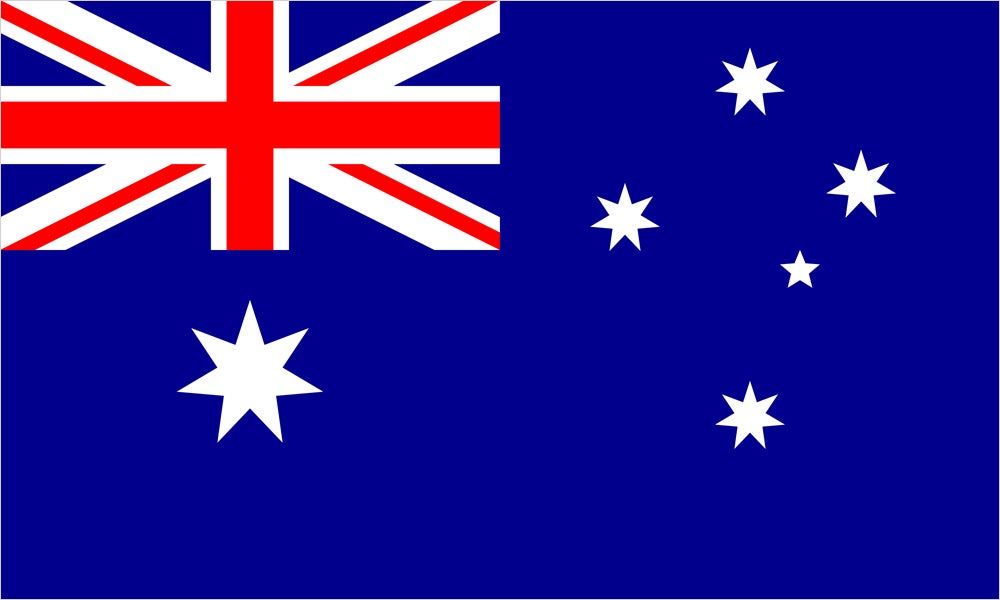
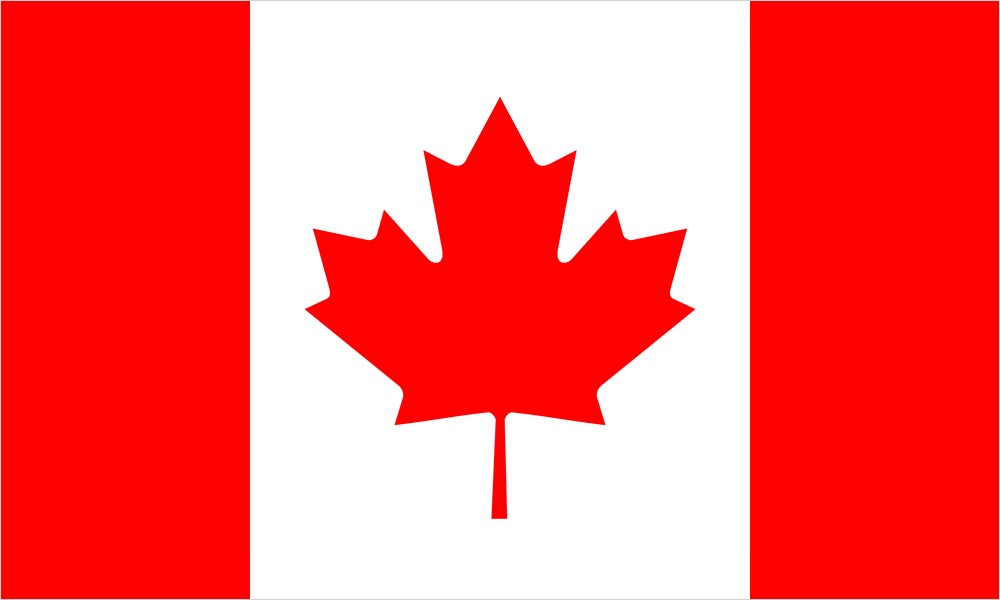
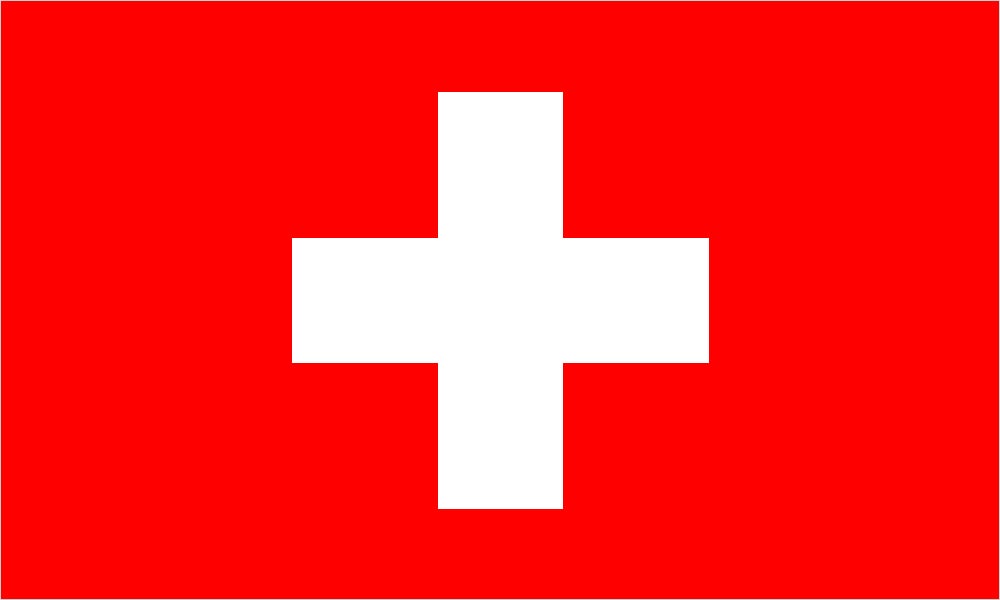
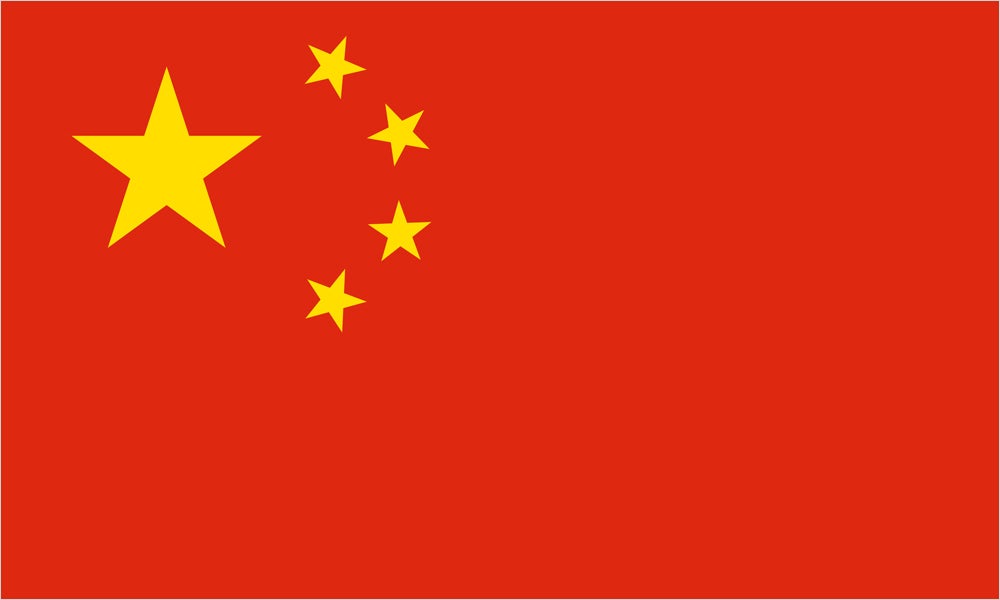
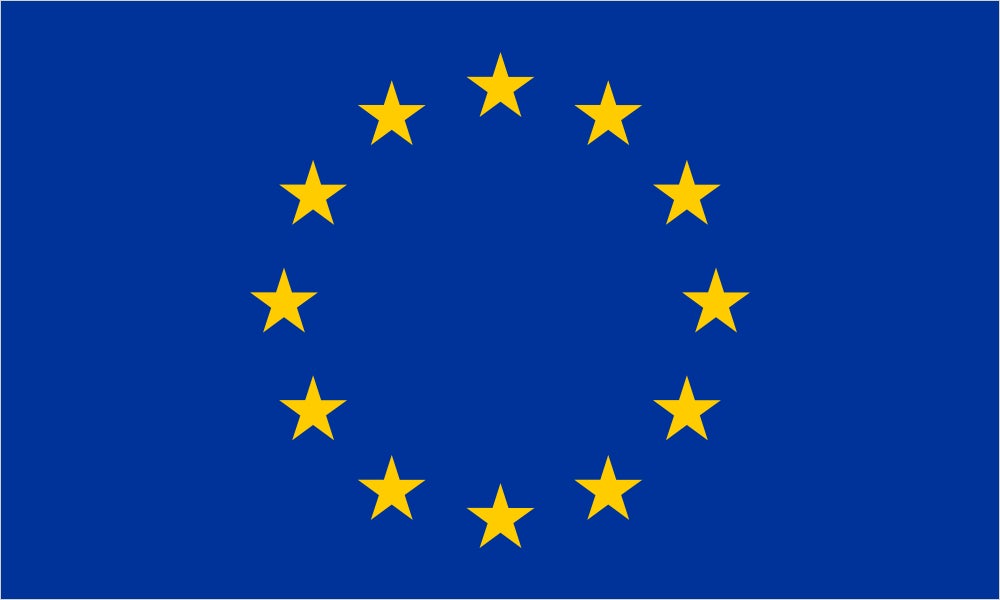
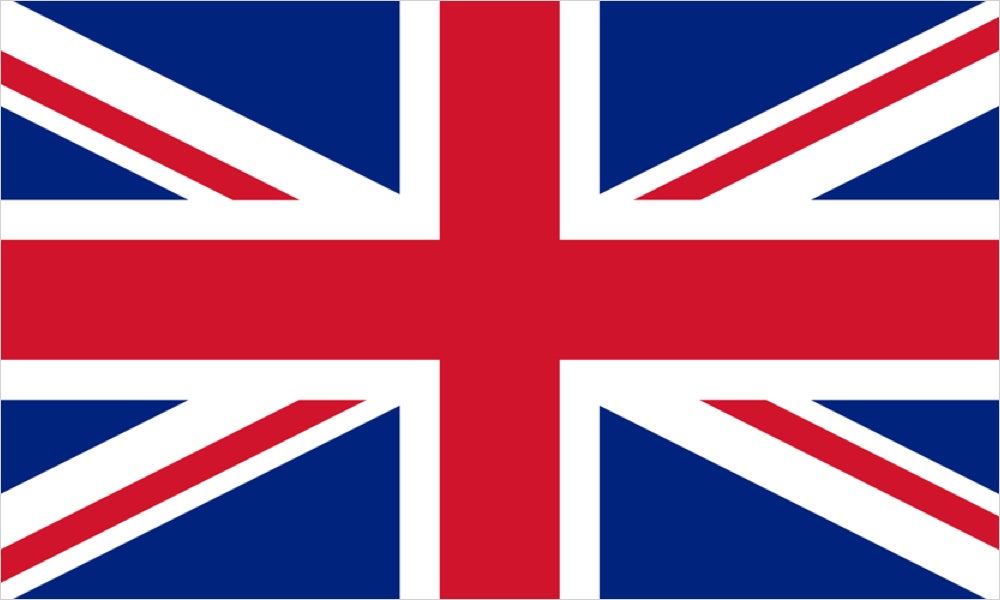
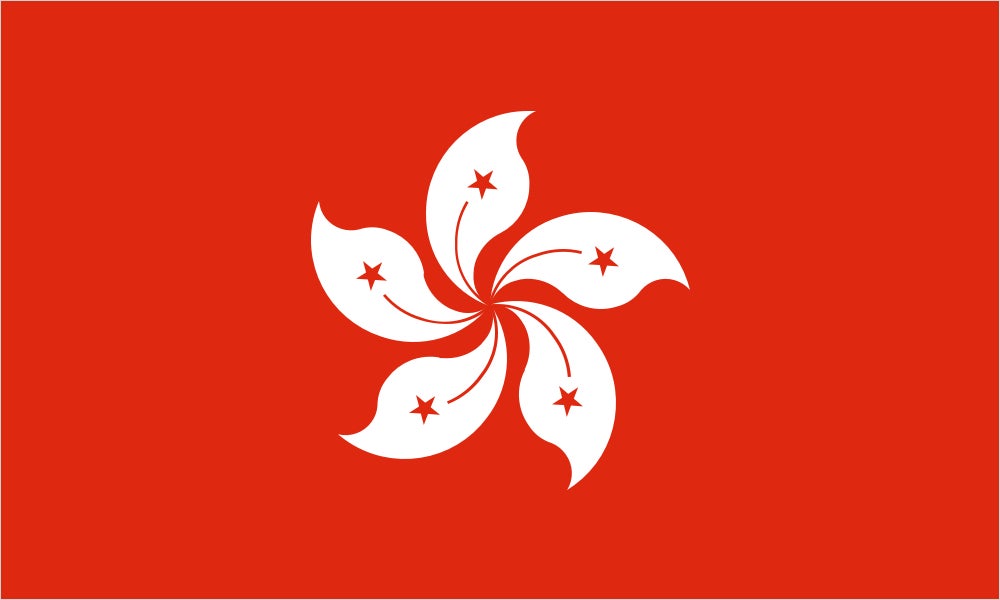
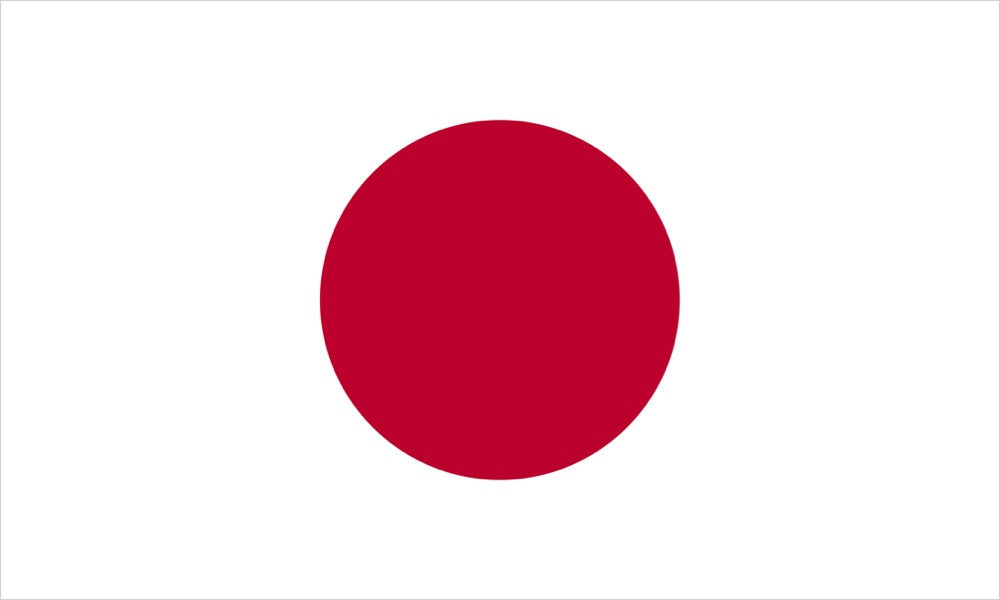
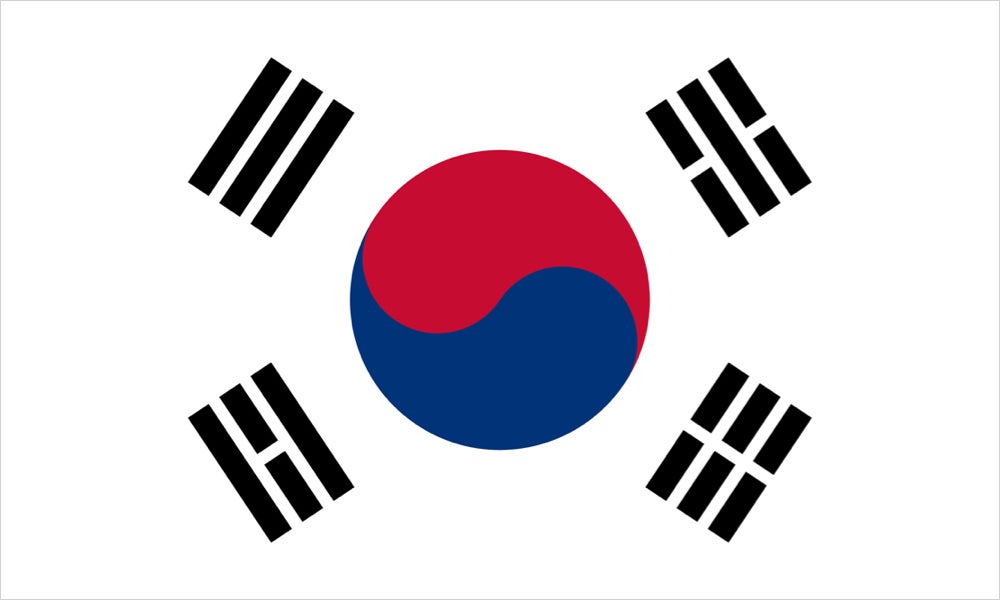
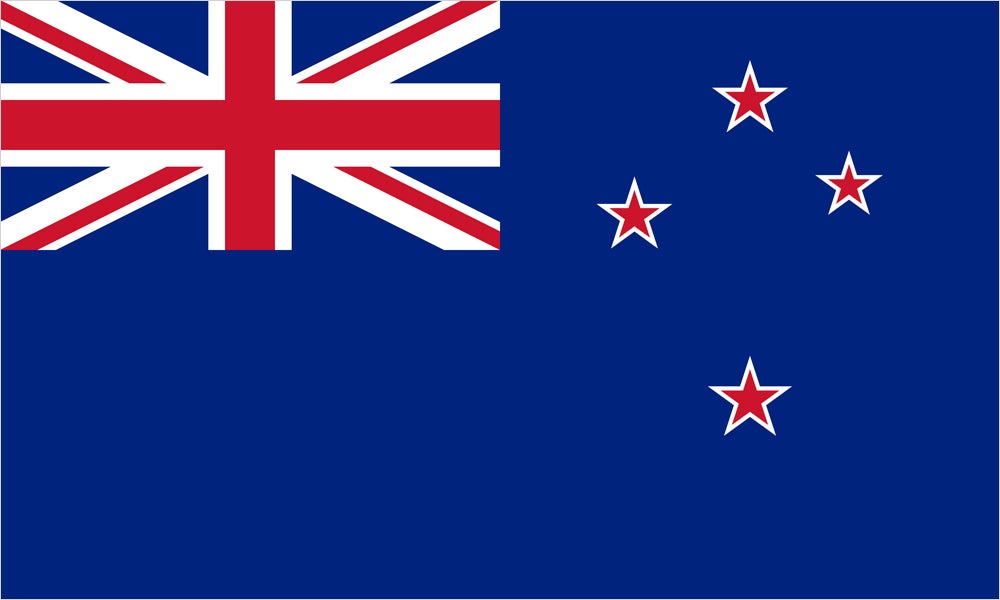
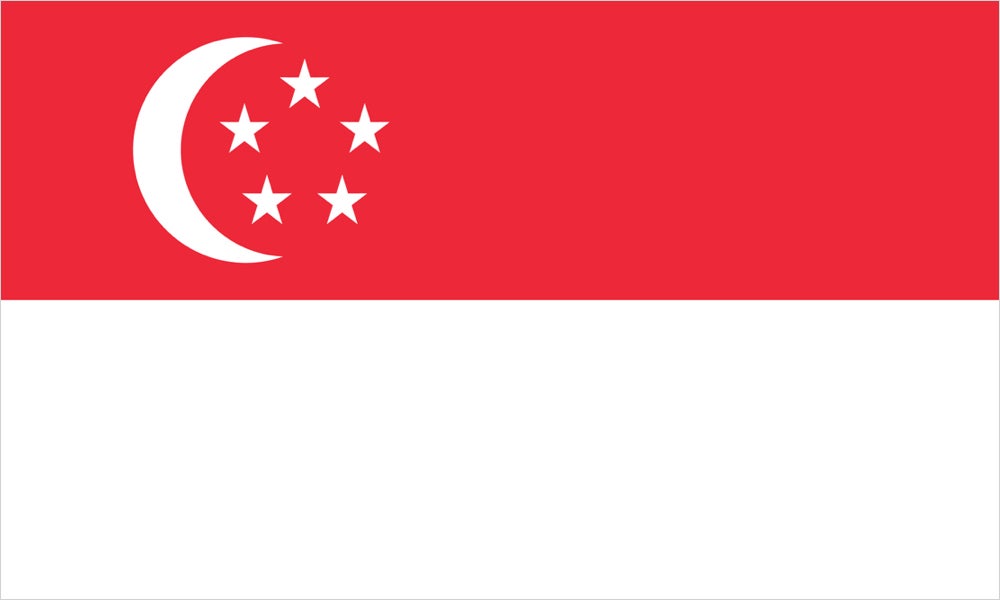
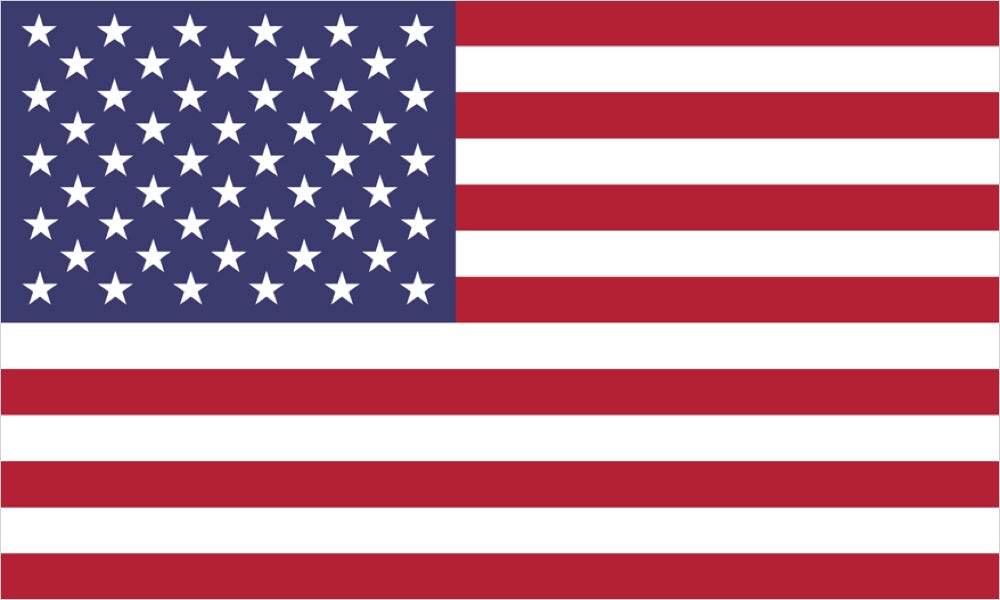
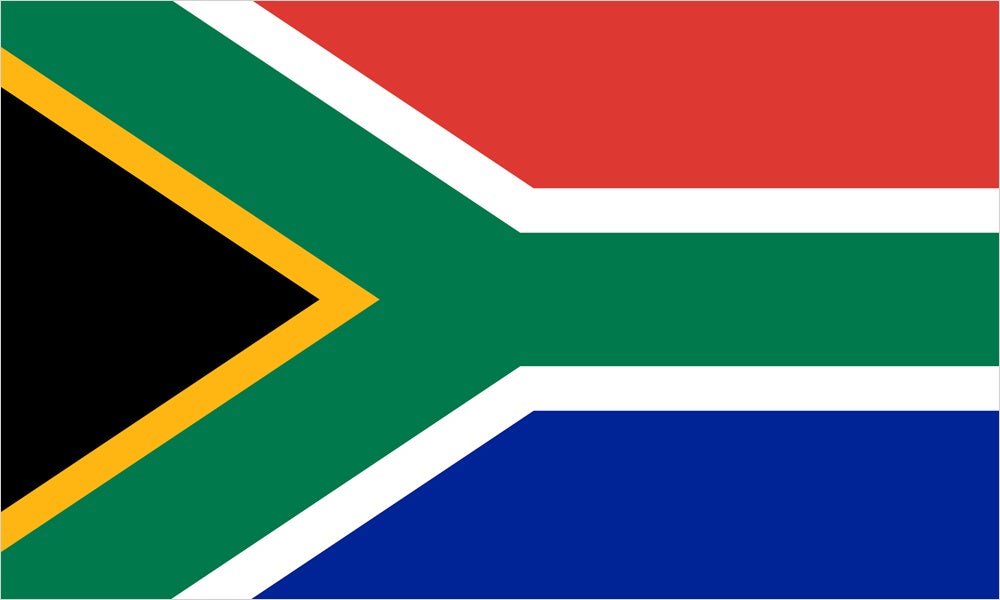

SOCIAL RESPONSIBILITY
Karen Walker is a design company. Our aim is to create beautiful and well-crafted items that will be loved and used for decades. We're not interested in making lots of items. Just really well designed, well made items. Less and better. We're niche, boutique and global. We don't want to fill your closets and your landfills with more "stuff". We just want to make beautiful things you'll love forever.
Our commitment to our social responsibility provides the foundation for all our business. Our core objectives in this respect are: to operate in a responsible and ethical manner in every sense and across all dimensions of our business and to commit to the sustainability of creating unique products that hold their intrinsic value, in the process ensuring we give back value to the environment, culture and communities in every place where our brand has a presence.
Our determination to pursue these aims is expressed in every platform of our corporate culture; in our relations with industry partners and with our contractors and suppliers all along our chain of production. We intend to continue our efforts in development of standards for community and human resources, responsible ethical sourcing and protection of the environment as a reflection of our ethical values. This is where the future of our business lies and we are unwavering in our dedication to establishing a gold standard across these key areas. This commitment to long-term, sustainable growth requires continuous and ongoing evaluation to improve our systems, taking responsibility for operating a business and maintaining a supply chain that respects the planet as well as those living on it.